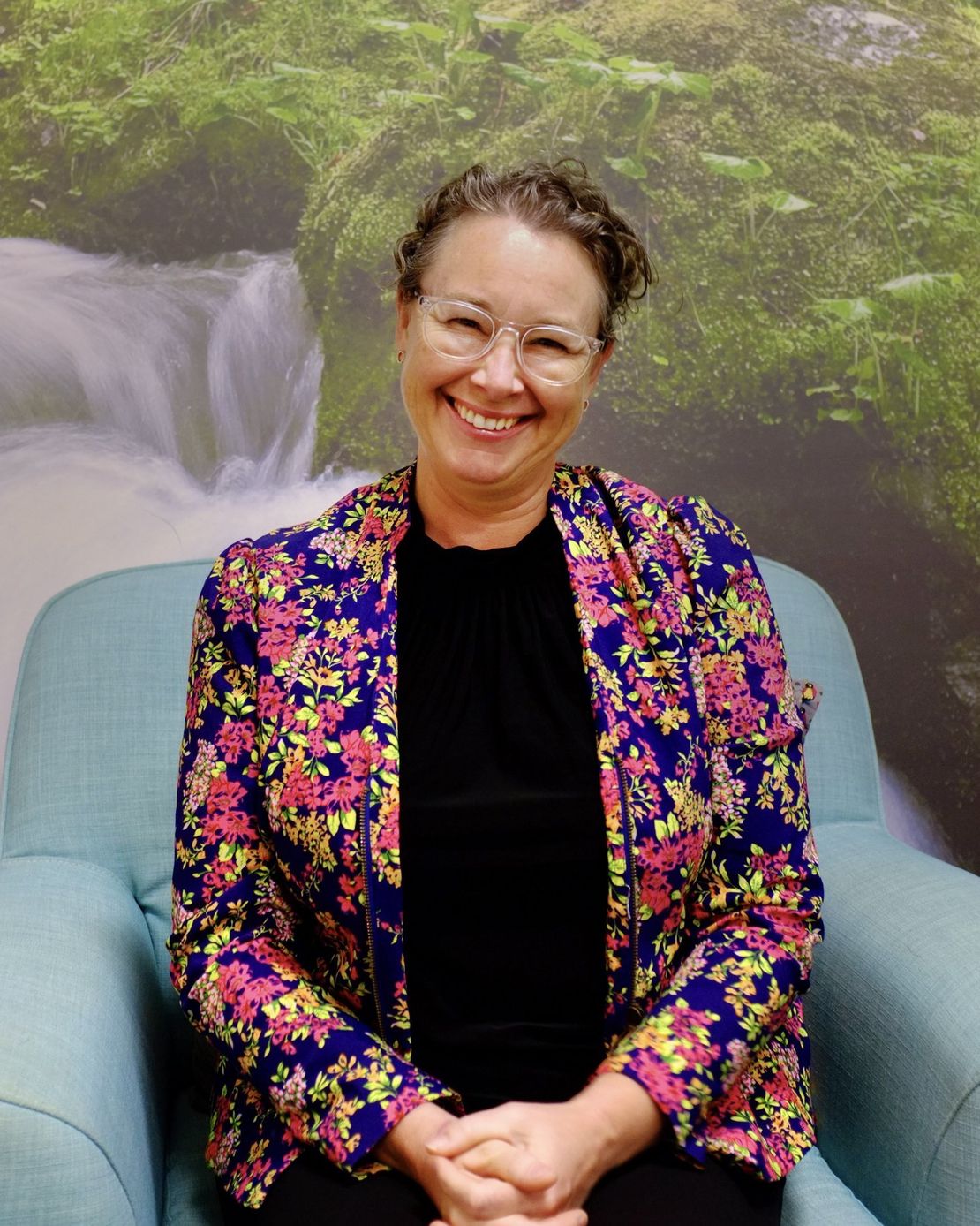
How to Build a Happy Relationship: 3 Helpful Tips from Science and Therapy
- Alicia Kent-Rooney
- July 16, 2024
Relationships can be the source of great joy, fulfillment, and growth. They can also require constant effort, communication, and compromise. How can we make our relationships happier and healthier? What are the secrets of couples who stay together and thrive?
In this blog post, we will explore some of the habits and attitudes that happy couples use to keep their love alive and strong. We will draw from the work of John and Julie Gottman, renowned researchers and therapists who have studied thousands of couples for over four decades, and emotionally focused therapy (EFT), a proven approach to help couples heal and reconnect. By applying these strategies to your own relationship, communication, intimacy, and satisfaction can all be improved. At Excel Psychology, we would love to walk beside you at any stage of your journey.
1. Express appreciation and gratitude
One of the simplest and most powerful ways to strengthen your relationship is to express appreciation and gratitude for your partner. According to the Gottmans, happy couples have a high ratio of positive to negative interactions, meaning that they say and do more things that make their partner feel good than bad. They also avoid taking each other for granted and regularly acknowledge the positive qualities and contributions of their partner.
To practice this habit, you can start by noticing the small things that your partner does for you, such as making you coffee, doing the dishes, or giving you a hug. Then, you can express your gratitude verbally or in writing for the exact thing they did, such as, “thank you for unpacking the dishwasher, I just couldn’t face it tonight”, “I appreciate that you listened and didn’t leave the towel on the floor”, or “I love you so much for the support you’ve given me around work this week”. You can also show your appreciation through actions, such as giving your partner a compliment, a gift, or a massage. The key is to be sincere and specific, and to do it often. The Gottman’s recommend a 5:1 positive ratio.
2. Turn towards each other
Another strategy that happy couples use is to turn towards each other, rather than away or against. This means that they respond to each other’s bids for attention, affection, and support, and that they seek each other out when they need or want something. The Gottmans call this building the “emotional bank account” of the relationship, which helps to create trust, security, and resilience.
To practice this habit, you can pay attention to the signals that your partner sends you, such as a question, a comment, a gesture, or a look. Then, you can turn towards them by showing interest, curiosity, and empathy, such as asking a follow-up question, making eye contact, or nodding. You can also initiate bids for your partner, such as sharing your thoughts, feelings, or needs, or inviting them to do something with you. The key is to be responsive and attentive, and to avoid ignoring, rejecting, or criticising your partner’s bids. It can all too easily dissuade them from even trying if all they receive is rejection.
3. Manage conflict constructively
Conflict is inevitable in any relationship, and it can be a scary, as well as a source of stress, frustration, and resentment. However, strong and confident couples know how to manage conflict constructively, rather than destructively. They use skills and strategies that help them to understand each other’s perspectives, to express their needs and feelings, and to find solutions that work for both of them. They also avoid behaviours that can damage the relationship, such as criticism, contempt, defensiveness, and stonewalling: what the Gottmans call the ‘Four Horsemen’.
To practice this habit, you can use the principles of emotionally focused therapy (EFT), which is based on the idea that most conflicts are rooted in unmet emotional needs and fears of disconnection. EFT helps couples to identify and communicate their underlying emotions, to listen and validate each other’s feelings, and to create a secure bond that fosters cooperation and harmony. The key is to be respectful and compassionate, and to avoid blaming, attacking, or withdrawing from your partner. It can take bravery to be vulnerable, find and share your true feelings, but the rewards are worth it.
Conclusion
If successful relationships were easy, we would all be in one! They’re not, but there is also a wealth of support and research you can draw on to give you and your partner the best chance of success, however that looks for you. Think of it not so much as the ‘secrets’ of a happy relationship but the ‘science’ of a happy relationship.
